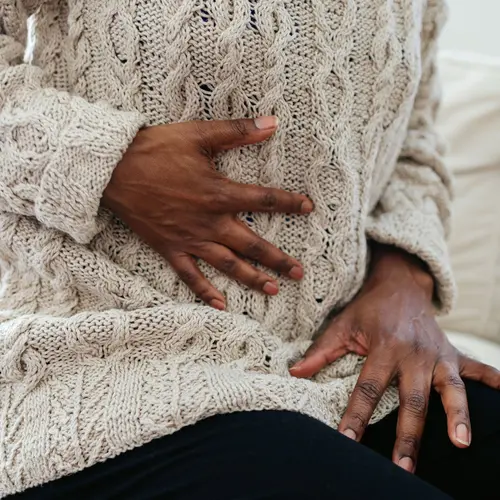If you have ulcerative colitis (UC), you may wonder if avoiding alcohol would help manage your condition. Like a lot of things with UC, the answer can vary from person to person. But some research does suggest that to try to prevent gut infections, flares, and a future relapse of your UC, you may want to consider avoiding alcohol altogether.
Alcohol doesn’t cause ulcerative colitis, put you at risk for, or make you more likely to get ulcerative colitis. But drinking alcohol can still have negative effects on the condition and worsen symptoms.
With UC, you should drink plenty of fluids and water to stay hydrated. But alcohol isn’t a good choice for that because it’s a diuretic, which means it dehydrates your body. Like coffee, alcohol stimulates your bowels and can worsen diarrhea. Carbonated alcoholic drinks like beer can also make you gassy.
Alcohol can cause bleeding in your gut if you have inflammatory bowel disease (IBD, which includes ulcerative colitis and Crohn’s disease). It can also irritate and inflame its lining, which helps keep toxins out and absorb nutrients into your bloodstream.
Drinking too much alcohol may also disrupt the amount, diversity, and the balance of healthy bacteria in your intestines if you have IBD.
Alcohol and UC Medications
One of the biggest reasons to avoid alcohol is that it may interfere with certain medications your doctor may have prescribed to treat your condition. For instance, if you’re taking metronidazole, you should avoid alcohol while you’re using it and for at least 2 more days after your last dose.
If you take any other medications for UC or another health condition, you should talk to your doctor about whether or not it’s OK for you to drink alcohol, as well as how much is OK and how often. That’s because mixing them can cause a bad reaction, especially with antibiotics.
Alcohol and UC Flare-Ups
Several studies have shown that heavy alcohol use can trigger a flare-up of symptoms in people with IBD. How that happens isn’t clear.
One small, short study linked drinking even a moderate amount of red wine daily may even have an effect on the gut in people whose UC is in remission. Red wine didn’t trigger any flare-ups during the weeklong experiment, but the researchers say that could be a risk in the long run. Longer, larger studies are needed to check on any effects.

